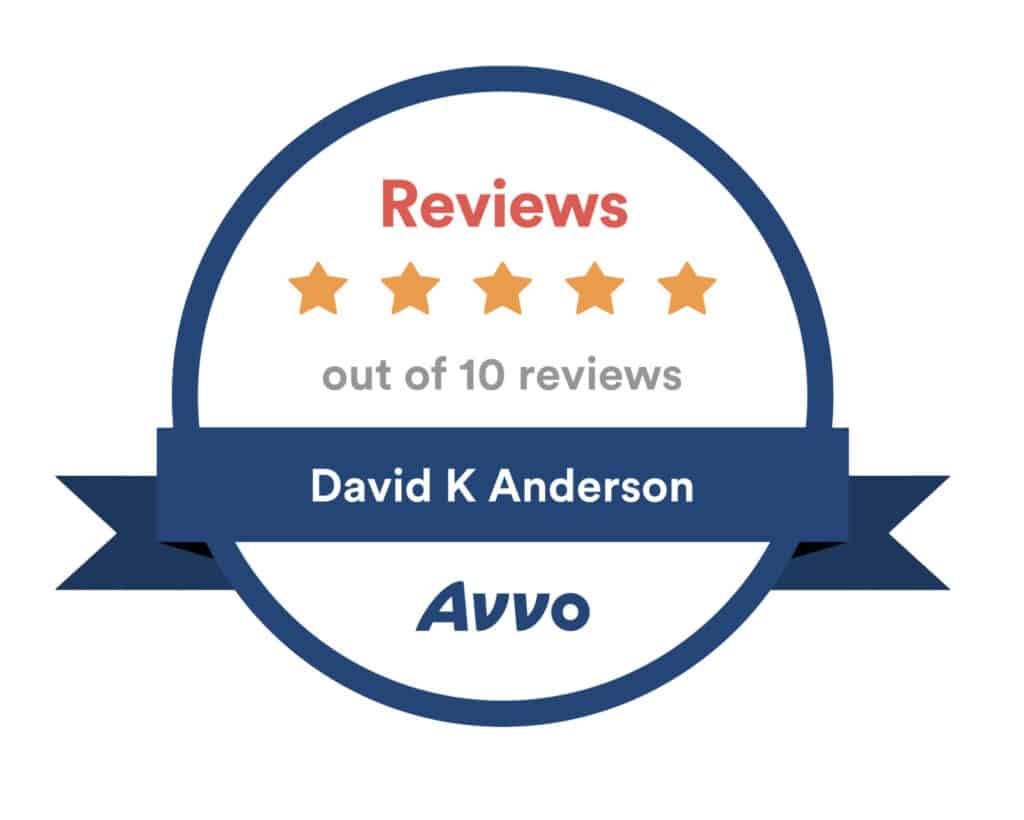OWI Sentencing Guidelines in Wisconsin
- Our Location
Madison, WI
- Free Consultations
(608) 204-5807
Wisconsin OWI Sentencing Guidelines: What You Need to Know
Sentencing Is Not Automatic—You Have Options
Before a Wisconsin judge imposes any penalties under the state’s OWI Sentencing Guidelines, a conviction must occur. That’s where your defense begins. At DK Anderson, S.C., our Madison-based criminal defense attorneys fight OWI charges at every stage. We understand how sentencing works in Wisconsin’s judicial districts—and we know how to prevent our clients from ever reaching that point.
If you’ve been arrested for OWI in Madison, Dane County, or anywhere in southern Wisconsin, contact us for a free consultation. Our goal is simple: protect your license, your record, and your freedom.

Understanding Wisconsin’s OWI Sentencing Guidelines
While Wisconsin statutes set mandatory minimum penalties for OWI convictions, each judicial district has its own sentencing guidelines. These guidelines are developed by judges to promote fairness and consistency across counties—but they also allow for judicial discretion based on case-specific factors.
Wisconsin’s circuit courts are divided into 10 judicial districts. Counties in each district—including Dane, Rock, Iowa, Green, Columbia, Jefferson, and Sauk Counties—use district-level OWI sentencing charts to guide decisions on:
• Length of jail or prison time
• Fines and court costs
• Driver’s license revocation periods
• Ignition Interlock Device (IID) requirements
• Eligibility for OWI treatment court or probation
These guidelines are not binding, but judges rely on them heavily. Understanding how they function is critical to your defense.
Professional and Experienced OWI Defense Attorneys
Discretion and Flexibility in Sentencing
Every Wisconsin OWI sentencing guideline chart includes ranges rather than fixed penalties. That means even if your BAC was over .08 or you have prior convictions, your final sentence could vary significantly.
Judges may adjust sentences based on:
• Blood Alcohol Concentration (BAC): Higher levels lead to longer penalties.
• Prior OWI convictions: The number and recency of past convictions matter.
• Accident or injury: Causing injury enhances penalties and may result in felony charges.
• Cooperation with law enforcement
• Completion of an AODA (Alcohol and Other Drug Abuse) assessment
• Mitigating factors: Lack of criminal history, personal hardship, or participation in treatment.
This flexibility highlights the value of hiring an experienced OWI defense attorney who knows how to present mitigating evidence and challenge aggravating factors.
OWI Sentencing Guidelines by Offense Level
Here’s a general overview of statutory minimums and guideline ranges:
First Offense OWI
• Not a criminal charge (for most)
• Fine: $150–$300 (plus costs)
• License revocation: 6 to 9 months
• IID required if BAC ≥ .15
Learn more about First Offense OWI Defense
Second Offense OWI
• Misdemeanor
• Jail: Minimum 5 days, up to 6 months
• Fine: $350–$1,100 (plus costs)
• License revocation: 12 to 18 months
• IID required
See our Second Offense OWI page
Third Offense OWI
• Misdemeanor or felony depending on prior dates
• Jail: 45 days to 1 year
• Fine: $600–$2,000
• License revocation: 2–3 years
• IID required
The Role of OWI Treatment Courts and Jail Diversion
In counties like Dane County, OWI treatment court may be available for eligible third or fourth offenders. This program requires:
• At least 14 days in jail (some served through electronic monitoring)
• Compliance with treatment, supervision, and monitoring
• Participation in AODA programming
• Regular court appearances and random testing
Jail Diversion Application Tip: In some counties, including Dane County, you must apply for jail diversion or electronic monitoring in advance. We help our clients complete and file these applications immediately upon sentencing—or sooner, if pre-approved participation is possible.
Why You Need a Local OWI Lawyer Familiar With Sentencing Guidelines
Wisconsin’s OWI Sentencing Guidelines vary not just by district, but by courtroom. Judges often develop personal preferences for handling certain types of OWI cases. At DK Anderson, S.C., we know the policies of individual courts in Madison, Janesville, Monroe, and beyond. We leverage that local insight to:
• Argue for reduced jail or fines
• Challenge unlawful traffic stops
• Explore alternative sentencing options
• Help clients apply for occupational licenses
Links to OWI Sentencing Guidelines by Judicial District
You will see that many of these OWI sentencing guidelines include different penalty ranges and fines. These guidelines will also give you an idea if OWI treatment court is available, or if probation is allowed. You will find information about penalties for certain BAC levels. Potential forfeitures, surcharges, court costs, double fines when a Minor is involved, ignition interlock device, and other provisions allowed by Court order.
1st Judicial District – Milwaukee County
2nd Judicial District – Kenosha, Racine, and Walworth Counties
3rd Judicial District – Dodge, Jefferson, Ozaukee, Washington, and Waukesha counties
4th Judicial District – Calumet, Fond du Lac, Green Lake, Manitowoc, Marquette, Sheboygan, Waushara, and Winnebago counties
5th Judicial District – Columbia, Dane, Green, Lafayette, Rock, and Sauk counties
7th Judicial District – Adams, Buffalo, Clark, Crawford, Grant, Iowa, Jackson, Juneau, La Crosse, Monroe, Pepin, Pierce, Richland, Trempealeau, and Vernon counties
8th Judicial District – Brown, Door, Kewaunee, Marinette, Oconto, Outagamie, and Waupaca counties
9th Judicial District – Florence, Forest, Iron, Langlade, Lincoln, Marathon, Menominee, Oneida, Portage, Price, Shawano, Taylor, Vilas, and Wood counties
10th Judicial District – Ashland, Barron, Bayfield, Burnett, Chippewa, Douglas, Dunn, Eau Claire, Polk, Rusk, St. Croix, Sawyer, and Washburn counties
Contact DK Anderson, S.C. for Skilled OWI Sentencing Representation
If you’ve been charged with OWI in Madison, Dane County, or surrounding areas, don’t wait to speak with a lawyer. The earlier you act, the better your chances of avoiding jail, saving your license, and minimizing fines.
Free Consultation | Aggressive OWI Defense | Proven Local Experience
Schedule Your Consultation Now – Call us at (608) 204-5807.
Frequently Asked Questions - Wisconsin OWI Sentencing Guidelines
No. Each judicial district has its own guidelines, and counties within those districts may add their own rules. A knowledgeable defense attorney will understand these local nuances.
Sometimes, yes. Options like jail diversion, OWI treatment court, and electronic monitoring may reduce or replace time behind bars—depending on the judge and your case details.
High BAC levels, prior convictions, refusal to cooperate, the presence of a child in the vehicle, and causing injury or property damage are all considered aggravating factors.
No. Although every OWI conviction requires an Alcohol and Other Drug Abuse (AODA) assessment after conviction, there is no requirement to complete it prior to being convicted. However, completion before sentencing may improve your outcome.
Our Practice Areas
Drunk Driving
Whether you are charged with a first offense, or a fifth offense, our Wisconsin OWI attorneys can help.
Violent Crimes
A conviction for any one of Wisconsin's violent crimes will have significant consequences.
Drug Charges
Our Wisconsin Drug charge attorneys know the law and how to apply that law in the court room.
Domestic Violence
A conviction for a domestic violence charge in Wisconsin has additional consequences.
Property Crimes
Wisconsin property crimes include theft, forgery, and criminal damage to property.
Sex Offenses
Not much will change your life like a conviction for one of Wisconsin's sex offense charges.
Traffic Citations
Although less serious than a criminal charge, a traffic citation can effect your driver's license.





